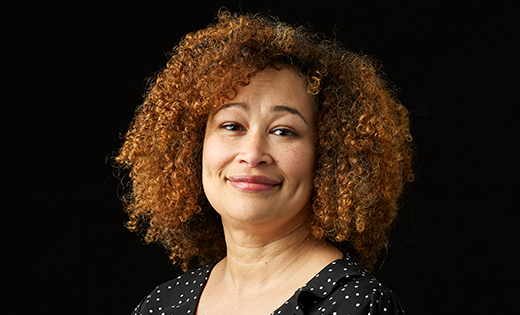A sense of belonging: we can all make a difference
Louise Banahene, Director of Educational Engagement, says that we all have a role to play in fostering a sense of belonging among our community.

The vision for the University’s Access and Student Success Strategy, launched last year, is that ‘The University of Leeds will be a place where students from diverse backgrounds feel they belong, can thrive, and are valued for their unique contribution’. A sense of belonging is vital for student success and is reflected in the University strategy, where it is acknowledged as a key element in strengthening our university community.
This needs to be considered in all Interactions between staff and students, in campus settings as well as in learning environments. As with all modes of learning, digital learning also necessitates conscious changes to embed sense of belonging. We need to get this right so that all voices and perspectives are heard and valued.
It is particularly evident in student success outcomes at undergraduate and taught postgraduate level and where students from under-represented backgrounds are less likely to stay on their course. We can often assume knowledge of the university experience or the extent to which students can access opportunities. To address this we have to acknowledge, and respond to, different experiences and needs.
We can all make a difference
Professional staff, module leads, personal tutors and many other roles (if not all) can play an important part in embedding sense of belonging. What’s important is a focus on meaningful connections and action informed by understanding the needs of our students. This includes:
- Listening and responding to the voices of diverse communities. It’s essential in building inclusive communities and will enable us to identify areas for change.
- Providing opportunities for students to informally engage with each other – via learning communities, for example.
- Acknowledging that some students will value additional encouragement, or acknowledgment of personal circumstances.
- Avoiding assumptions of cultural capital. Acknowledging and addressing assumed knowledge or experience is as important as valuing and celebrating cultural difference.
What is underway and being planned?
Over the last few months, our institutional approach has been informed by research undertaken in the Leeds Institute for Teaching Excellence (LITE) as well as from across the sector. This has included:
- Expanded peer mentoring
- Development of resources, guidance and events to embed digital learning
- Refinement of approaches to engaging students from all routes to university including BTEC and Access to Leeds routes
- Curation of existing initiatives and creation of new ones, such as ‘I belong’ to enable students to connect with other students and find common connections.
We have already seen the effect of the ‘I belong’ initiative with staff and students highlighting the impact it has had and the recognition that they are valued. We’ve learnt a lot and intend to build on what we have learnt and to amplify the messages. It’s vital we all understand our role, and can make conscious changes to our practice and pedagogies, to enable the cultural shift required.
Over the next six months, we’ll be creating additional resources and events to help staff in their roles. Additional student and academic research is planned through LITE and we’ll be identifying additional mechanisms to embed guidance.
If you are interested in finding out more, or want to get involved in the institutional sense of belonging working group, I would love to hear from you – please email l.banahene@adm.leeds.ac.uk
Posted in: University newsMy Week